FORNO DI SAN LEO
Emanuele Fratus was born in 1993. He is originally from Bergamo. In 2019 he moved with his family to Casteldelci, in the Alta Valmarecchia valley, to work in a holiday farm, but things did not work out there. He was then hired by a local bakery, “where we worked at night and only made Tuscan bread using refined flours”, he says. When he heard that the bakery in San Leo would soon reopen, he applied with the cooperative and found a completely different environment and working space. “Here, we work during the day: bakers’ working hours are from noon to 8 pm. I think this is crucial, because it allows bakers to live with their family and also attracts young people, who, this way, do not need to ‘sacrifice their life’ to follow their passion”, explains Samuele. He’s referring, for example, to Gioele Cangini, who was born in 2001 and makes shortcrust pastry, cakes and biscuits.
Paraphrasing one of the principles outlined in the PAU Manifesto, the bakery in San Leo has ‘see-through walls’: the workshop can indeed be seen behind the glass. The message conveyed to those entering the shop is very simple: there is nothing to hide. “We are looking for increasingly less refined grains and cooperate with many local and organic companies, such as Consorzio Terre di San Marino and the Valmarecchia bionatura cooperative, whose flours we have used to create a valley bread, which we call Valmarecchia. Thanks to our cooperation with the fair trade shop Pacha Mama in Rimini, we use fair-trade sugar for our shortcrust pastry (in which we have also eliminated refined flour), but also cocoa powder and chocolate chips”, emphasises Samuele.
In spring 2021, when Emanuele started baking Pagnotte di Pasqua (a typical Easter cake from Romagna with raisins and aniseed), Pacha Mama was one of the first retailers to sell Forno di San Leo’s products in Rimini. Another is Poco di Buono, a shop established in 2010 that sells organic, short-supply-chain, fair-trade products and also hosts the headquarters of the Rimini solidarity purchasing group. Bread, baked goods and dry biscuits are also sold in COAL-brand supermarkets, with five points of sales scattered between San Marino and Villa Verucchio (Rimini).
In San Leo, in addition to the locals who come shopping and then stop for a chat in front of the bakery and the many tourists who stop by on the way up to or down from the Fortress, two restaurants have also chosen to offer their clients the cooperative’s bread. One is La Roccarun by brothers Ivo and Fabio Rossi, who are also Samuele’s employers, since he works as a waiter at weekends and in the high season. Ivo has given the bakery a sieve to make breadcrumbs, the basic ingredient of one of the typical Romagna dishes, which is always on La Rocca’s menu: passatelli (home-made pasta with flour, parmesan, breadcrumbs and eggs). The second restaurant to offer Tuscan bread from Il Forno di San Leo isLuigi Ciucci’s: it is called Osteria la Corte. Luigi’s sons Paolo and Daniele also work here, the former in the kitchen, the latter serving tables.
